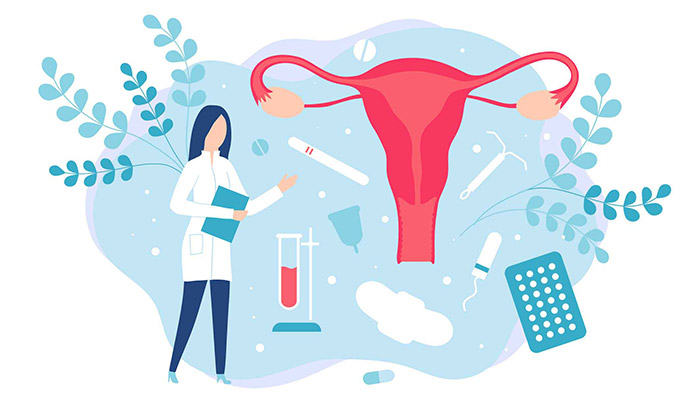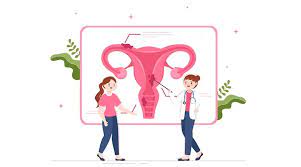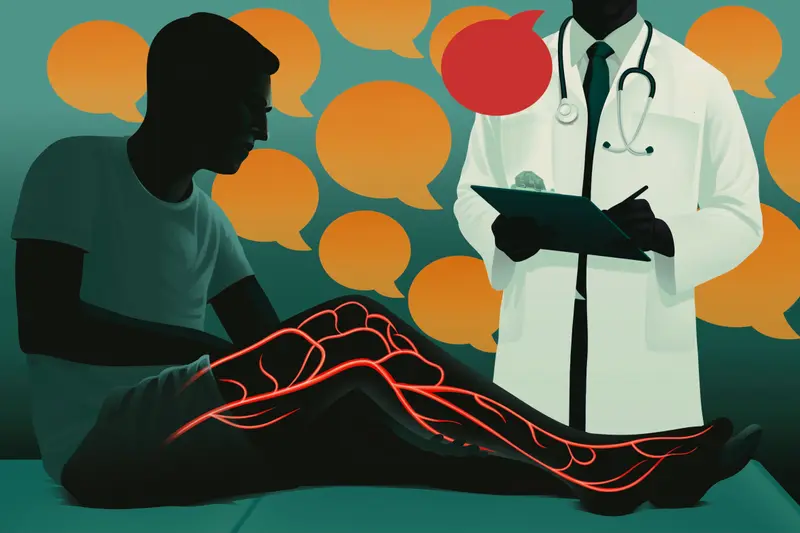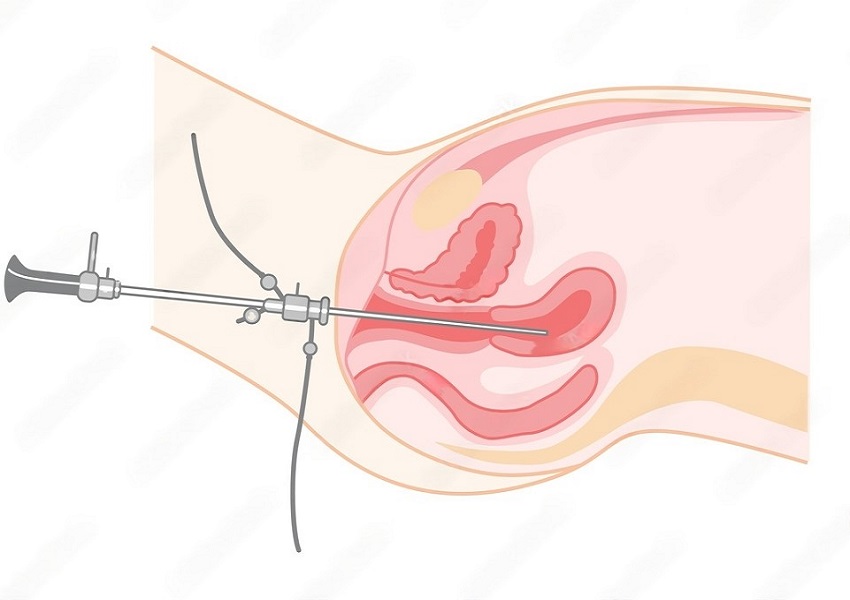Common gynecological issues affect many women and can range from minor nuisances to more serious conditions. Some of the most common gynecological issues include:
- Menstrual Disorders: These can include irregular periods, heavy menstrual bleeding (menorrhagia), and absence of periods (amenorrhea).
- Dysmenorrhea (Menstrual Cramps): Pain and discomfort during menstruation, which can vary in intensity.
- Endometriosis: A condition where the tissue that lines the uterus (endometrium) grows outside the uterus, leading to pain, heavy periods, and infertility.
- Polycystic Ovary Syndrome (PCOS): A hormonal disorder that can lead to irregular periods, excessive hair growth, acne, and weight gain.
- Pelvic Inflammatory Disease (PID): An infection of the female reproductive organs, often caused by sexually transmitted infections, which can lead to pelvic pain and fertility problems.
- Vaginal Infections: Conditions like yeast infections, bacterial vaginosis, and trichomoniasis can cause vaginal itching, discharge, and discomfort.
- Fibroids: Noncancerous growths in the uterus that can cause heavy periods, pelvic pain, and pressure on the bladder or rectum.
- Pelvic Pain: This can result from a variety of causes, including infections, endometriosis, and uterine fibroids.
- Ovarian Cysts: Fluid-filled sacs that can form on or inside the ovaries. Most are harmless, but some may cause pain or other symptoms.
- Urinary Incontinence: The involuntary loss of urine, which can be caused by weakened pelvic floor muscles or other factors.
- Pelvic Organ Prolapse: When the pelvic organs, such as the uterus, bladder, or rectum, slip out of place and can cause discomfort and difficulty with bowel or bladder function.
- Sexual Health Issues: These can include pain during sex (dyspareunia), low libido, and sexual dysfunction.
- Breast Health Issues: Concerns may include breast pain, breast lumps, and issues related to breast health and breast cancer screening.
- Menopausal Symptoms: Hot flashes, night sweats, mood swings, and other symptoms can occur during menopause.
- Gynecological Cancers: These include cervical, ovarian, uterine, vaginal, and vulvar cancers. Early detection is crucial for successful treatment.
It’s important to remember that if you are experiencing symptoms related to any of these gynecological issues, you should seek medical advice and care from a healthcare provider, preferably a gynecologist. Timely diagnosis and appropriate treatment can help manage and address these conditions effectively.
Consult, personalized advice and guidance from Dr. Arohi Tasgaonkar, a Gynecologist in Manpada at in Complete Women’s Care




